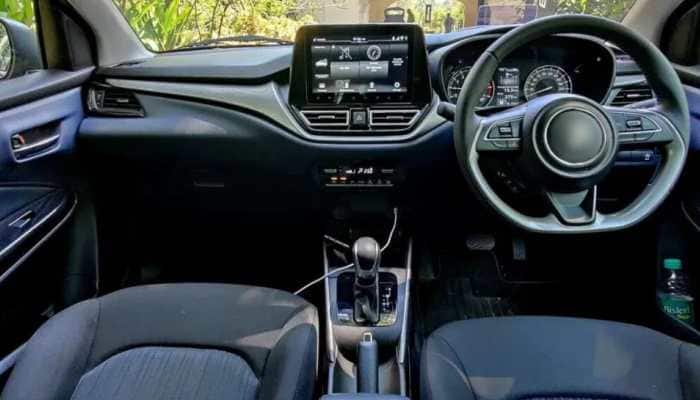EV capital of India: Delhiites in favour of electric vehicle transition for last-mile delivery, survey reveals
EV capital of India: Delhiites in favour of electric vehicle transition for last-mile delivery, and e-commerce companies survey reveals, reports PTI.
- Delhiites in favour of electric vehicle transition for last-mile delivery
- 95.2 percent of the respondents agreed that a switch to EVs
- 1,508 respondents in Delhi attributed last-mile delivery vehicles as one of the reasons for rising air pollution in the city
Trending Photos
) Image for representation
Image for representation The Delhi govt has been working relentlessly to turn Delhi into the EV capital of India. A new consumer survey shows strong support from Delhi consumers for the proposed aggregator scheme of the city government which requires a time-bound transition to electric vehicles by last-mile delivery and e-commerce companies. The proposed scheme sets an April 30, 2030 deadline for the complete transition of Internal Combustion Engines (ICE) to electric vehicles (EV) among e-commerce, delivery, and transport logistics service providers. Commissioned by the Sustainable Mobility Network and conducted by CMSR Consultants, the survey shows that 80 percent of the 1,508 respondents in Delhi attributed last-mile delivery vehicles as one of the reasons for rising air pollution in the city.
According to the survey, 95.2 percent of the respondents agreed that a switch to EVs by delivery companies is important for addressing air pollution issues and mitigating climate change.
The survey, conducted through a mix of offline on-ground interviews (70 percent) and online survey responses (30 percent) in Delhi, also found that an overwhelming majority of respondents (91 percent) believe proactive action and transition by one company can encourage others and bring a rapid change in the sector.
(With inputs from PTI)
Stay informed on all the latest news, real-time breaking news updates, and follow all the important headlines in india news and world News on Zee News.
Live Tv







)
)
)
)
)
)
)
)
)
)
